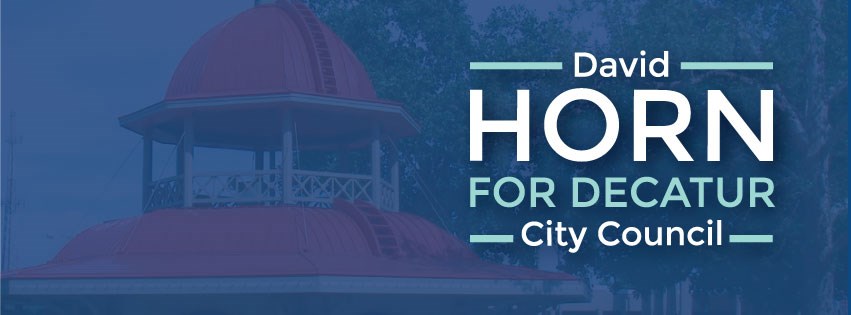
Stop logging Decatur forests
The first days of fall bring many fabulous sights and sounds to Lake Decatur. Trees turn gorgeous hues of red, yellow, and orange, and White Pelicans are visible during their migratory journey. This fall, visitors will hear a new sound across the lake from Sportsman’s Park, the sound of cutting down century-old trees.
In 2017, some members of the Decatur City Council voted to cut down 114 trees to fund city beautification efforts. Mature hardwood trees, which are inherently beautiful, are being logged in an effort to beautify the city.
This will be the second time the public’s land has been logged. The first effort took place last fall in woodlands along the Sangamon River near a Bald Eagle nest. A mid-summer visit revealed that the logger left large debris piles ~10 ft. tall by ~25 ft. long easily seen by those enjoying the river. Loggers may claim these piles are “natural habitat,” but there is nothing natural about stacking up tree tops into giant piles, leaving citizens to look at a degraded river landscape that will take years to recover. The logging company was allowed to cut up to 125 trees at the site and the city received $7,469.
The proposed logging near Lake Decatur is problematic. Parts of the site are flood zone for the lake, a waterbody classified as impaired by the IEPA. Large trees such as the ones being cut down provide ecosystem services including prevention of soil erosion, carbon storage, oxygen production, and removal of pollutants (services valued at $450 per mature tree per year). The landscape debris and sediment caused by logging are likely to find their way to a lake taxpayers are spending over $90 million to dredge. Furthermore, no endangered species consultation was completed with the IDNR prior to the agreement, and it is unclear which of our rarest and most unique species are present.
Logging should only take place after a strategic plan for our forests has been completed (which the city does not have). As it stands, the logging contradicts the 2009 Macon County/Decatur Comprehensive Plan and the work of numerous organizations protecting our watershed. The Plan states we are “blessed with woodlands, wetlands, and waterways that residents have long enjoyed and sought to protect” and “The preservation of these natural areas has been identified for their ecological value.”
Without a strategic plan, a conflict of interest may occur whereby loggers and foresters are paid only to cut down more trees, not to provide a holistic view of our land and wildlife. A forester could claim that logging is based on “sound forest management.” Such conclusions, however, may be solely predicated on a short-term economic benefit in which both the logger and forester have a financial interest. While the city has hired a forester to oversee the logging of the lake site, long-term goals and objectives have not been discussed and there is no long-term vision for our forests.
Loggers and foresters might claim that cutting down mature trees is “thinning” the forest and opening the canopy allows smaller trees to grow. Yet as observed during a mid-summer visit to the river site, some of the trees left standing were without tops or growing at awkward angles, hardly trees to keep even if sustainable harvest was the goal. “Thinning” also allows sunlight to reach the ground fostering the growth of bush honeysuckle, an invasive species for which the city has no plan or financial resources to remove. Finally, smaller trees do not provide the same level of ecosystem services and subsequent economic benefit as larger ones.
Proponents of logging might claim that the sites are unusable. In fact, our mature forests can be used to further enhance one of Decatur’s strengths: our scenic waterways. According to the U.S. Fish and Wildlife Service, in 2016, 23.7 million people engaged in wildlife watching outside the home, and total wildlife watching expenditures were $75.9 billion. Spending time in nature enhances our well-being and improves multiple health factors including lower incidences of diabetes and heart disease, and increased longevity in seniors. Let’s consider using our forests to create additional recreational opportunities such as nature trails. Let’s consider how the city can partner with businesses and conservation organizations to enhance our natural infrastructure.
It is time for our city to protect our beautiful forests and the unique wildlife they contain. It is time for our city to use our woodlands in ways that can enhance well-being and human health. It is time for our city to ensure that our forests are safeguarded for future generations and that we provide more opportunities to connect children to nature. It is time to stop logging Decatur forests.
